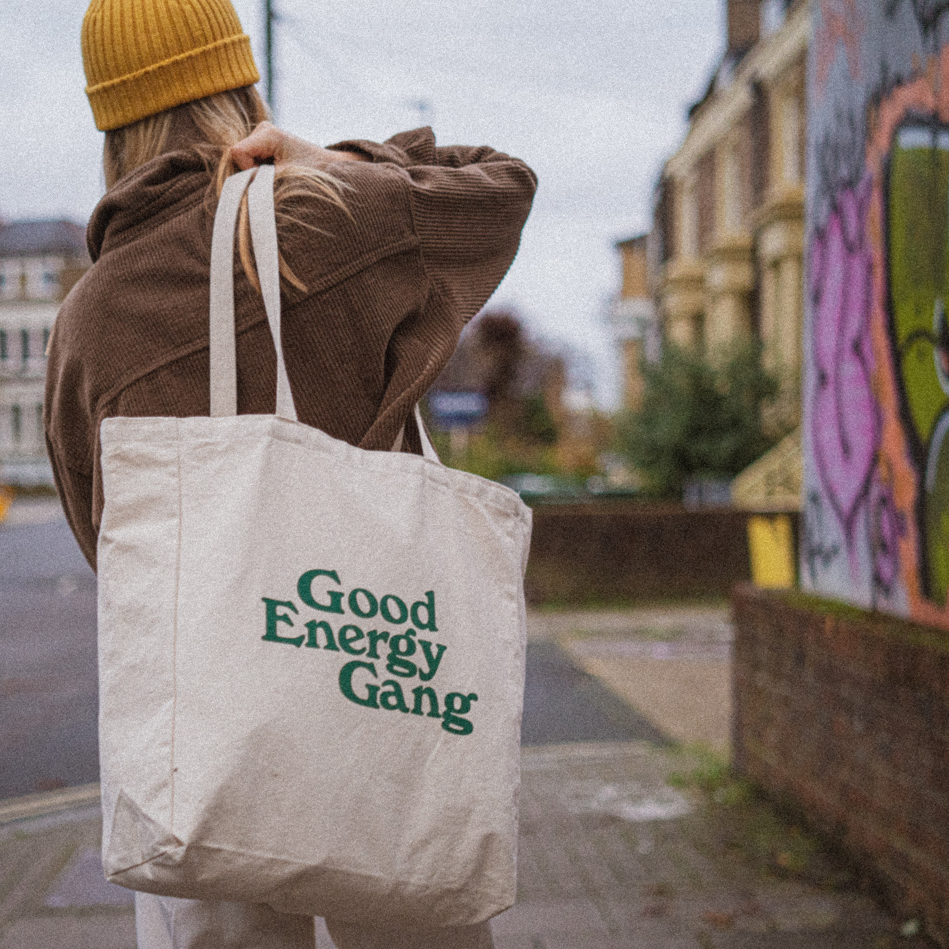Why do I feel anxious?
Humans are designed to feel fear, anxiety and worry sometimes. These normally arise in certain situations and can give you an awareness of any risks or challenges you may have to tackle. This is your brain responding to potential danger and releasing hormones such as adrenaline and cortisol. This reaction is known as ‘fight or flight’ and while we may not be in physical danger daily, our bodies often release these hormones due to daily seemingly insignificant stressors.
Everyone’s experience when it comes to anxiety and anxious thoughts is different and the stressors that trigger it vary widely from person to person. This can range from a stressful day at work, trouble with finances, problems in your relationship to health issues, and even too much caffeine.
Common triggers of stress and anxiety are:
- Home life
- Work and career
- Finances
- Relationships and friendships
- Covid-19
- Health issues both yours and those of loved ones
- Caffeine
- Negative thinking
- Conflict
- Daily stressors
- Personal experiences
- many will have specific triggers that can affect their mood at any given time.
How to stop being anxious?
There are plenty of natural methods and lifestyle changes that we can implement to help us feel less anxious and more ourselves. These range from additions or subtractions to and from our daily routines, or tips and tricks to help calm you in specific moments of stress. And while someone experiencing an anxiety disorder should still seek medical help, incorporating natural and holistic methods of reducing anxiety can help you to manage anxious thoughts and daily stressors.
What to do when feeling anxious:
1. Stay active!
Regular exercise is good for both your physical and mental health. Exercise can help decrease stress hormones (such as cortisol) and can release endorphins which can boost your mood. Endorphins are know as ‘feel-good’ chemicals and can help you find release from feelings of stress and anxiety.
Movement can also take your mind off your worries, and give you some headspace to chill out and destress.
Although regular exercise built into your routine long term has the strongest effects, any exercise can have an almost instant effect on your mood. Whether this a walk around a block, a jog with a friend or even just hoovering your home anything that gets your blood pumping counts. Perhaps start with a short walk a few times a week and see how you feel.
2. Try meditation or yoga
Anxiety is a cognitive state that affects how we manage our emotions, one way to help balance these feelings is by meditating. Meditation allows stillness and space for us to process our thoughts and feelings and to take some time for ourselves to work through them.
There are lots of guided meditations, on podcasts or apps like Headspace, which can help to support you and lead you through your meditation - helping you to calm these feelings and release these thoughts. Yoga can also be a form or meditation, and has the added benefit of physical exercise. Yoga can improve your overall wellness and fitness, while also giving your mind some space with your thoughts to process and manage your feelings.
3. Reduce your caffeine intake
While many of us may have come to love a daily cup of coffee to wake us up in the morning, or to give us a boost mid afternoon, caffeine can cause nervousness and jitters which can make you more anxious and stressed.
You may want to try reducing your caffeine intake, cutting it out completely or trying something like CBD-infused Cold Brew Coffee, infused with CBD to counteract the coffee jitters!
4. Get some sleep!
Good sleep is hard to come by, TRIP’s March 2021 Sleep Study concluded that in 2020 the UK slept worse than ever. After interviewing over 800 UK residents, it quickly became clear that not many were getting their 8 hours a night. With sleep often not being easy to come by, the global events of that last year haven’t helped with 75% of people believing that they struggled to fall asleep due to the stress brought about by national lockdowns.You can help to improve your sleeping habits by trying the things below:
- To reduce screen time before bed
- Avoid caffeine close to bedtime
- Not eating large meals or sugar before bed
- Improving your sleeping environment by tidying up, making your bedroom dark and cool and ensuring you have comfortable cosy bedding
- Writing down your worries before going to bed
5. Try taking CBD
With recent events, it is no wonder that we are more stressed than ever. With the world on the hunt to find new ways to find calm in the chaos, many are turning to CBD. A recent survey showed that 49% of millenials and Gen Z have increased their use of CBD oil since lockdown began.CBD is thought to have a number of benefits, but what it is most widely used for is finding moments of calm in a busy day. CBD may be able to help us in the most stressful of moments, by helping us feel more ourselves - physically and emotionally.CBD can come in many different formats, such as CBD drinks , CBD oils, capsules or even CBD chocolate. It can be incorporated into your daily routine whenever you may need it! Perhaps this might be a few drops of CBD oil when you wake up to start the day, or a CBD drink, like TRIP’s Elderflower Mint, to help you wind down in the evening.
6. Try aromatherapy
Aromatherapy uses fragrance and the properties of essential oils to help you feel calmer and to support your wellbeing. These have been shown to help you relax, boost your mood and reduce blood pressure.You can inhale them directly, place a few drops in a bath or add them to your diffuser. Common essential oils used to destress and unwind include: lavender, bergamot, ylang ylang and chamomile.


















